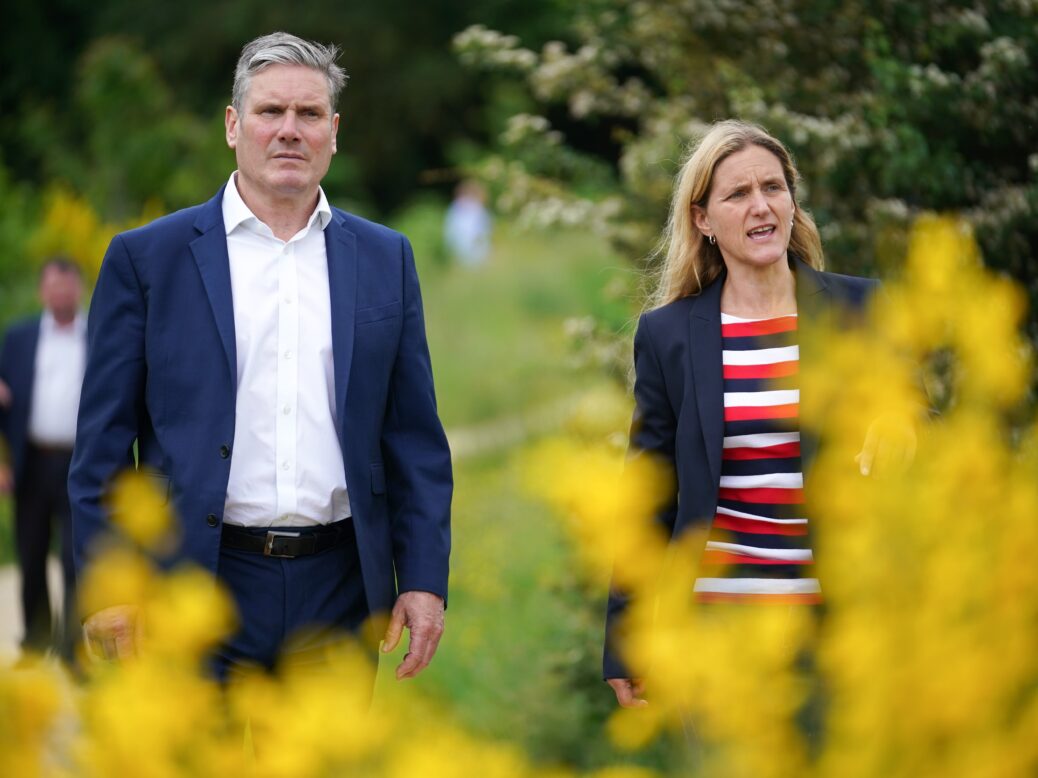
Government gains in by-elections are few and far between, which makes the Conservatives’ recent victory over Labour in Hartlepool unusual if not unprecedented.
But what would be unprecedented in postwar history is two by-election gains by a governing party in a single term. This has not happened since 1929 – when Labour under Ramsay MacDonald gained Liverpool Scotland, which was unopposed, from a defunct Irish Nationalist Party as well as Preston, because the previous incumbent stood down and joined the party.
If the Conservatives do win Batley and Spen from Labour on 1 July (a Survation poll put them six points ahead) it will set a historical precedent.
Support for the Tories in the polls has mirrored the UK’s Covid-19 vaccine roll-out (hat-tip to Tim Bale for graphic inspiration). In January the Britain Elects poll tracker gave the Tories a lead of one percentage point. By April that lead had widened to seven points and with July fast approaching, the number now stands at ten points.
Increased favourability towards Boris Johnson and a general feeling of disillusionment towards Keir Starmer have coincided with the easing of restrictions and the success of the vaccine roll-out. Economic optimism among both voters and business leaders has surged. In this climate, British voters appear willing to reward Johnson’s incumbent government (just as Scottish and Welsh voters have rewarded the devolved administrations).
But the question for the Tories is: how long will this trend last? Will it recede as Covid-19 does, or will it shape voters’ perceptions for years to come? Meanwhile the question for Starmer is: will he ever recover?






